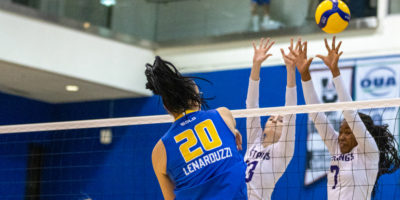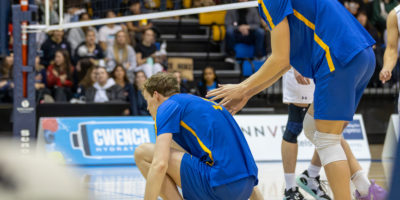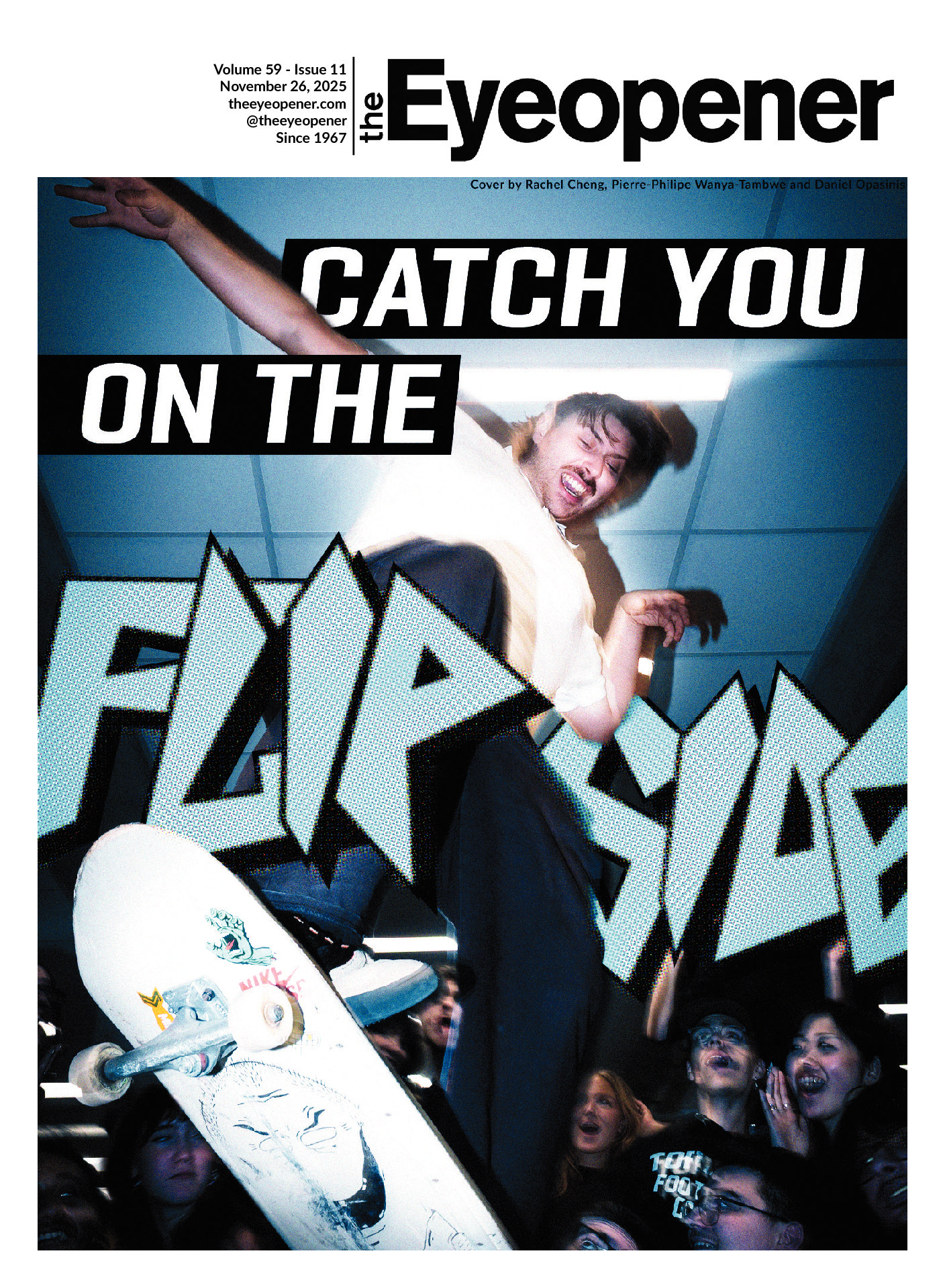By Adrian Morrow
Associate News Editor
The Ryerson Students’ Union has broken several of its own bylaws, which could invalidate the student union’s elections.
Breaking the bylaws is grounds for a candidate to contest the validity of the election or for an individual candidate to get booted out of the contest.
“I don’t think the bylaws are being taken seriously this year,” said Ibrahim (Abe) Snobar, RSU VP student life and events, and a presidential candidate.
The RSU first broke its policies when hiring a chief returning officer to supervise the election.
The bylaws stipulate that the CRO has to be in place before the campaign begins, but the RSU’s board of directors rejected the initial candidate due to her connections to the Canadian Federation of Students, forcing them to pick a new CRO at the last minute.
The union broke its bylaws a second time when President Nora Loreto picked the Election Appeals Committee with the help of staffer Shaila Kibria.
The committee, which handles complaints during the election, is supposed to be picked by the CRO.
“The fact that Nora [Loreto] got to handpick the [committee], that’s not fair,” Snobar said. “There was a conflict of interest.”
Some candidates are also concerned that the rules around campaigning online are murky and prone to abuse.
Snobar has raised the bylaws in the past to question his opponents’ actions. At the Semi-Annual General Meeting last semester, he tried to disqualify several motions on the grounds that they had been submitted one day late.
He earlier argued against Loreto’s original candidate for CRO when she broke the bylaws by forming a hiring committee of three people instead of two.
Loreto fears that if the election doesn’t go Snobar’s way, he could contest the results based on the fact that the election didn’t follow the bylaws.
“The board has already forced us to violate the bylaws,” she said, but dismissed Snobar’s suggestion that it was unfair for her to pick members of the committee.
“I think Abe is a paranoid conspiracy theorist. There’s nothing funny going on.”
Muhammad Ali Jabbar, Snobar’s principal opponent in the presidential race, said he was hoping Snobar would stick to the issues rather than using the bylaws to his advantage.
“It becomes convenient to use a bylaw when it’s not going your way,” he said. “It’s a stalling tactic.”
To challenge an election result, a candidate would have to go to the Election Appeals Committee or to the board of directors, which has to ratify the election results.
The current board usually backs Snobar. In an extreme case, a disgruntled candidate could appeal to a court to step in if they could prove that, in breaking its bylaws, the RSU had breached the trust of its members.
“It’s not an easy thing [to prove],” said Avener Levin, a Ryerson professor and legal expert.
While a court could order a new election, he said it was more likely the court would simply turn the matter back to the board.
In the case of individual candidates breaking the rules, the bylaws give the CRO the power to disqualify him from the election — for everything from buying a beer for a potential voter to putting up posters a day early.
However, CRO Paris Cameron-Gardos has decided to be flexible by instituting a system of demerit points and fines, with 10 points resulting in a disqualification, to reign in candidates who play fast and loose with the bylaws.
For instance, he’ll be giving Griffith d’Souza eight points and a $50 fine for failing to tell the RSU he was planning to run before they appointed him to the Election Appeals Committee, and also failing to show up to an all-candidates meeting.
“There’s going to be a progressive system of discipline,” he said. “As CRO I do reserve the right to disqualify a candidate for a serious, serious offense.”
Gardos will hire a new member of the Election Appeals Committee to fill the vacancy left by D’Souza.











Leave a Reply